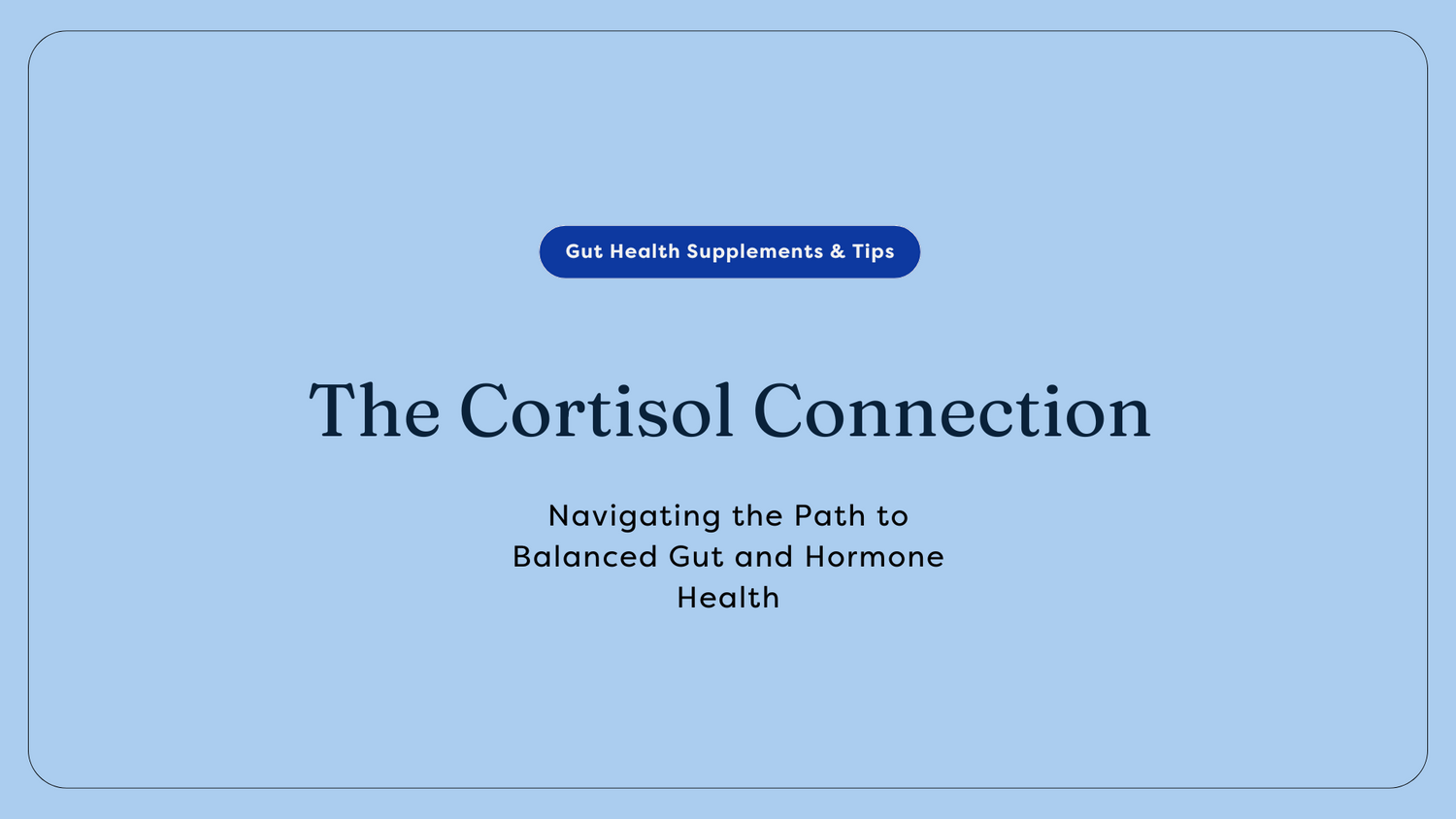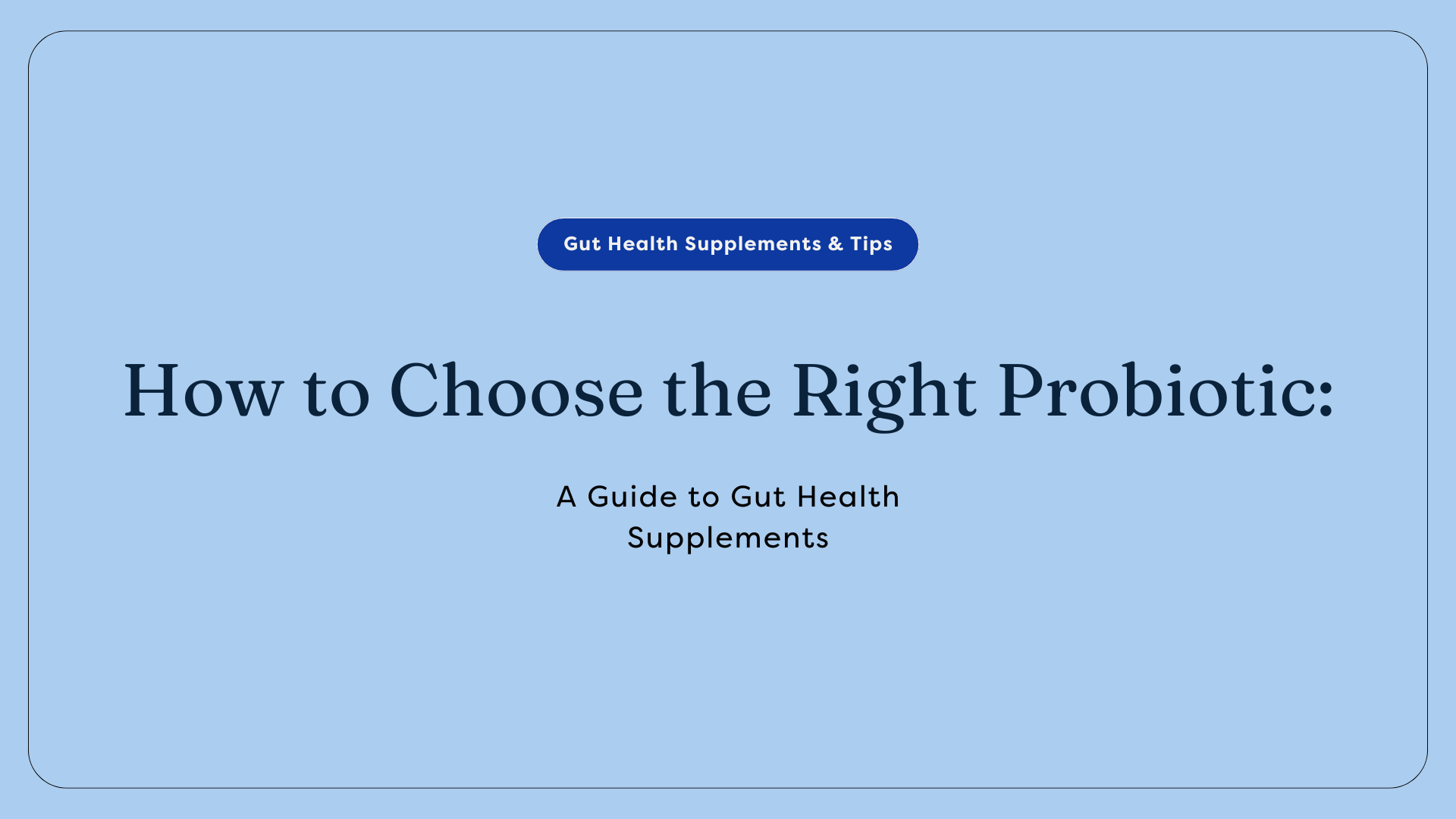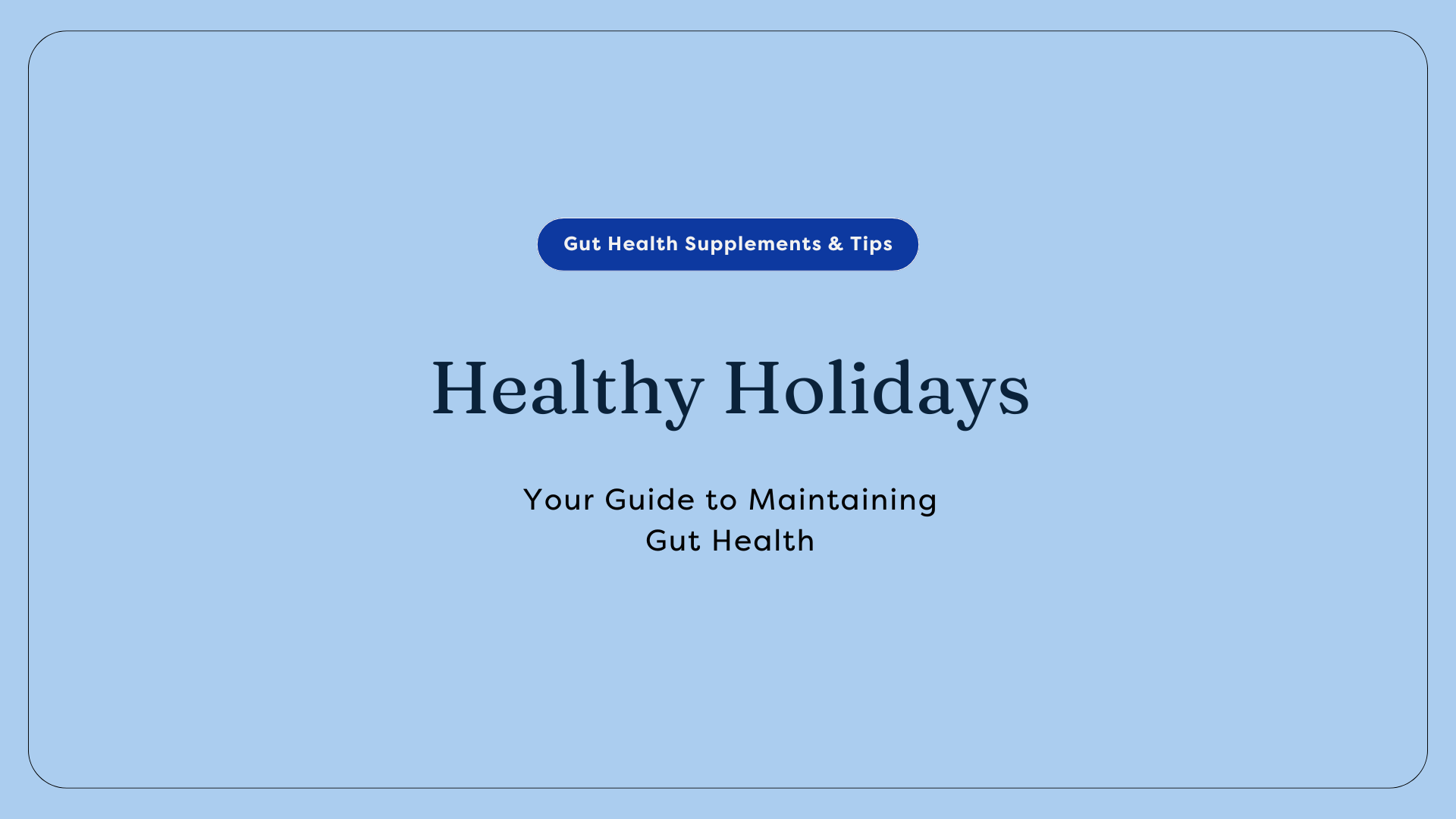Cortisol, often referred to as the "stress hormone," plays a pivotal role in our body's intricate web of functions, having a big impact on both gut and hormone health. In this blog post, we'll explore the link between cortisol, the gut, and hormones, understand the common symptoms of cortisol imbalances, and discuss strategies to support overall well-being. Additionally, we'll chat about testing for cortisol levels, as well as gut testing, both available through GutPersonal, along with 1:1 support from our Lead Dietitian.
The Cortisol Connection
Cortisol, produced by the adrenal glands, is a hormone that responds to stress, playing a crucial role in our body's fight-or-flight response. However, chronic stress and imbalances in cortisol levels can have far-reaching effects on both gut and hormone health.
Common Symptoms of Cortisol Imbalances
Elevated Cortisol Levels:
Insomnia: Difficulty falling asleep or staying asleep due to heightened alertness.Weight Gain: Particularly around the midsection, often associated with increased abdominal fat.
Digestive Issues: Elevated cortisol levels can contribute to digestive problems such as bloating and discomfort.
Anxiety and Irritability: Chronic stress and high cortisol levels can contribute to heightened feelings of anxiety and irritability.
Low Cortisol Levels:
Fatigue: Persistent feelings of fatigue and lethargy, even after adequate rest.Dizziness: Low cortisol levels may lead to a drop in blood pressure, resulting in dizziness.
Difficulty Concentrating: Impaired cognitive function and difficulty concentrating.
Mood Swings: Feelings of sadness or irritability that may fluctuate throughout the day.
Supporting Gut and Hormone Health
Stress Management: Incorporate stress-reducing practices such as meditation, yoga, or deep breathing exercises.
Balanced Diet: Consume a nutrient-dense diet with an emphasis on whole foods, lean proteins, and healthy fats.
Regular Exercise: Engage in regular physical activity, which can help regulate cortisol levels.
Adequate Sleep: Prioritize quality sleep to support overall well-being and cortisol regulation.
The DUTCH Test for Cortisol Insights
The DUTCH (Dried Urine Test for Comprehensive Hormones) test offers a comprehensive look at cortisol levels throughout the day. This test provides details into the daily pattern of cortisol, allowing for a deeper understanding of any imbalances.
The GI MAP Gut Test: Nurturing Gut Health
A healthy gut is closely tied to hormone regulation, including cortisol levels. The GI MAP gut test analyzes the balance of microbes (good and bad!) in your gut, for an inside look at imbalances and dysfunctions that could impact cortisol and overall well-being.
Order Your Tests and Receive Personalized Support
If you suspect cortisol imbalances are affecting your gut and hormone health, take the proactive step of ordering the Gut and Hormone testing packages through GutPersonal. Our Lead Dietitian is ready to provide you with 1:1 support, interpreting your results and guiding you on a personalized journey toward balanced health.
By recognizing the signs of cortisol imbalances and adopting holistic strategies to support your gut and hormone health, you can begin on a personalized journey towards optimal well-being. Order your tests today through GutPersonal, and let our Lead Dietitian be your guide to a balanced life.









Leave a comment
All comments are moderated before being published.
This site is protected by hCaptcha and the hCaptcha Privacy Policy and Terms of Service apply.